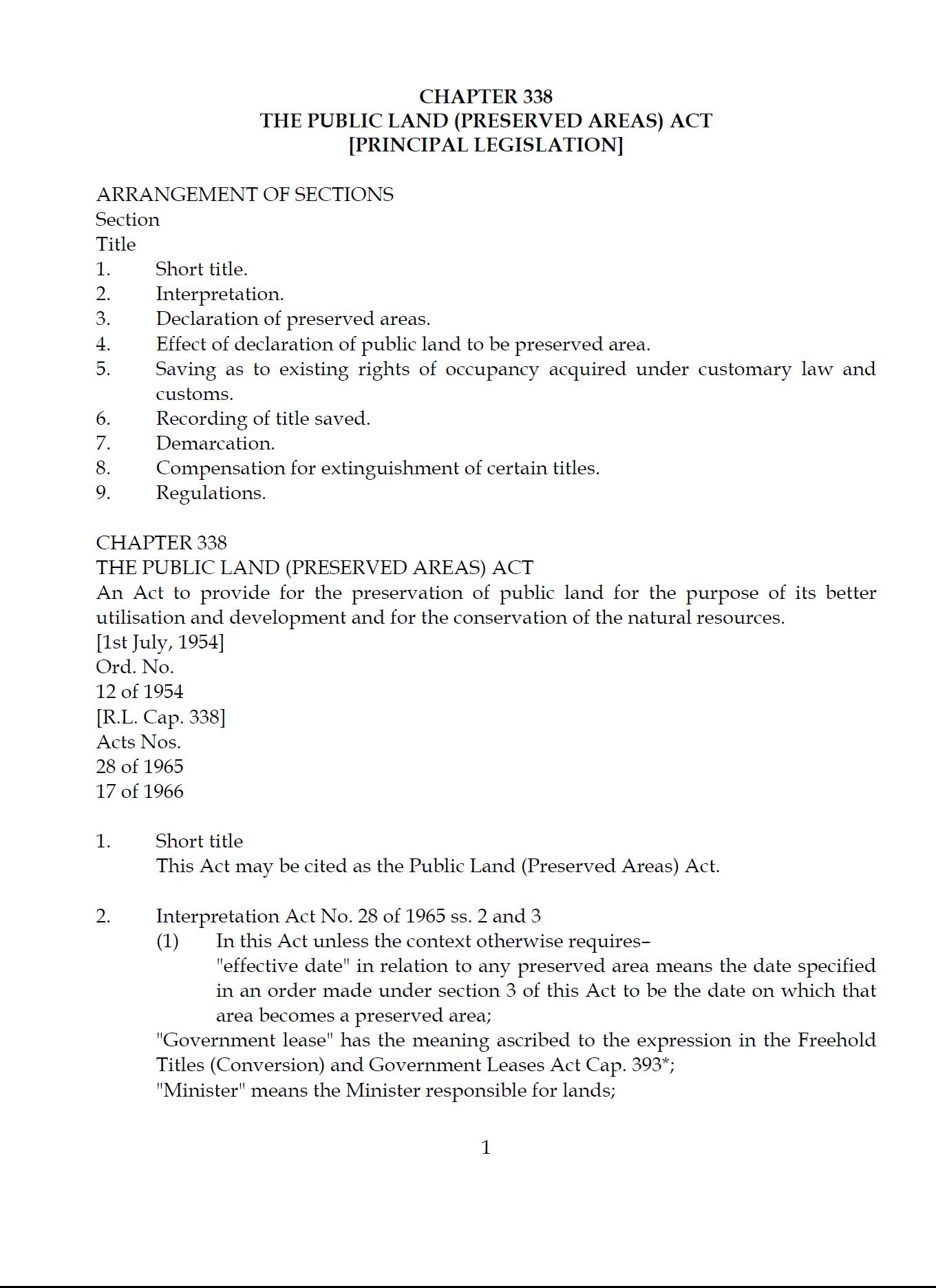Management and utilization of the tropical moist forest - from the FAO Committee on forest development in the tropics - extracts
This special issue of Unasylva has two main objectives. It brings to our readers an edited selection of some of the position papers of the important 4th Session of the FAO Committee on Forestry Development in the Tropics and, in doing, this, it emphasizes FAO's principal concern in the field of forestry: how to make the best and wisest use of man's least understood ecological formation, the moist tropical forest.
Réforme agraire: Colonisation et coopératives agricoles 1997/2
Good Governance and Natural Resource Tenure in the Caribbean Subregion
Land Tenure Working Paper 17. This publication identifies and assesses issues related to land governance and provides examples of good governance in the Caribbean subregion. This working paper was done in light of FAO’s Voluntary Guidelines on Responsible Governance of Tenure of Land and other Natural Resources.
Bonne gouvernance et questions relatives à la gouvernance des ressources naturelles dans la sous-région des Caraïbes
Document de travail sur les régimes fonciers 17. Cet article identifie et analyse des questions relatives à la gouvernance des terres et apporte des exemples de bonne gouvernance de la sous-région des Caraïbes. Cette étude a été conduite en vue de l’initiative de la FAO sur les Directives Volontaires sur la gouvernance responsable de la tenure des terres et des autres ressources naturelles. Disponible en anglais
Legal frameworks and access to common pool resources
In recent years, local people and rural communities have assumed increasing prominence in strategies for natural resource management.This paper briefly reviews some of the central legal issues that are associated with this shift. In doing so, its goals are limited. It does not ad dress fundamental questions about when, where and what kind of management works, nor attempt to identify the political, social, economic and environmental ingredient s for success – subjects on which there is a huge, if still inconclusive, literature.
Evaluation of the regional consultation of Francophone Africa
This regional evaluation is based on discussions and outputs of the consultation meeting of Francophone Africa on the Voluntary guidelines on the responsible governance of tenure of land and other natural resources that was held in Ouagadougou, Burkina Faso on 23-25 June 2010. The opinions expressed in this evaluation are those of the participants at the consultation meeting and do not necessarily reflect those of FAO.
Common property forest resource management
Now, nearly 30 years after the publication of The tragedy of the commons, the negative experiences of governments with expropriation of common property resources have led to a reexamination of the potential of collective management; and there is a growing database of information on practical experiments with the restoration or strengthening of common property resource management systems. This issue of Unasylva focuses on both these aspects with respect to forest resources.
Ordenación de recursos forestales de propiedad común
Actualmente, casi 30 aos despus, la experiencia negativa de los gobiernos con la expropiacin de recursos de propiedad comn ha hecho que se vuelvan a examinar las posibilidades de una gestin colectiva, y ha permitido disponer de una creciente informacin sobre experimentos prcticos con respecto a la restauracin o al refuerzo de los sistemas de gestin de estos recursos. En este nmero de Unasylva se insiste en ambos aspectos en relacin a los recursos forestales.
Moving mountains
This issue of Unasylva focuses on the challenges facing mountain development into the twenty-first century.
The Public Land (Preserved Areas) Act
An Act to provide for the preservation of public land for the purpose of its better utilisation and development and for the conservation of the natural resources
Application of Fiscal Instruments in Land Management
Fiscal instruments are tools that governments use to manage revenue and expenditure and therefore influence the growth (or stability) of the various sectors of the economy. Government revenue is derived primarily through taxation. In Kenya, land taxation has contributed less than 1% of government revenue for the past three years. The Sessional Paper No.


